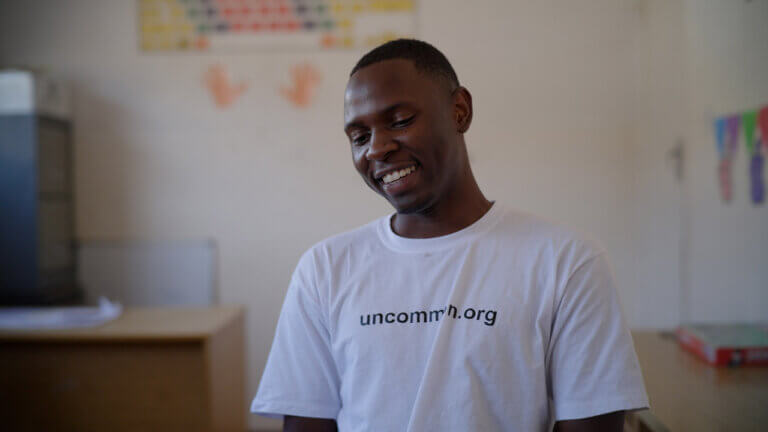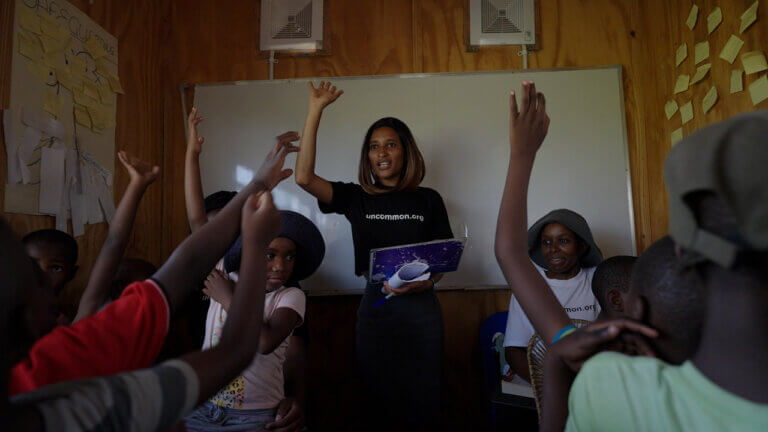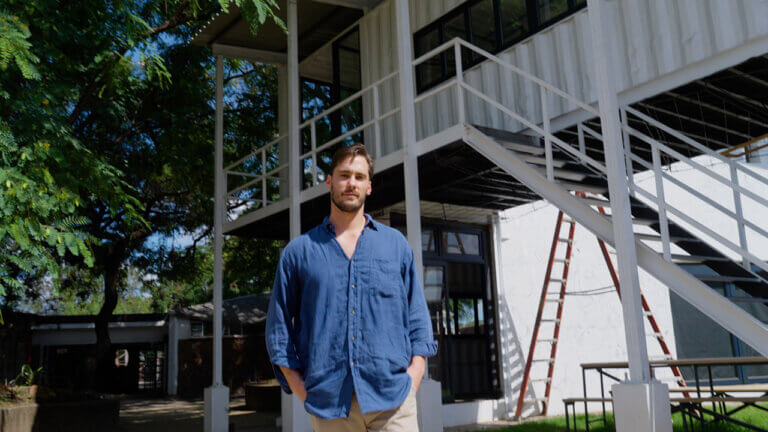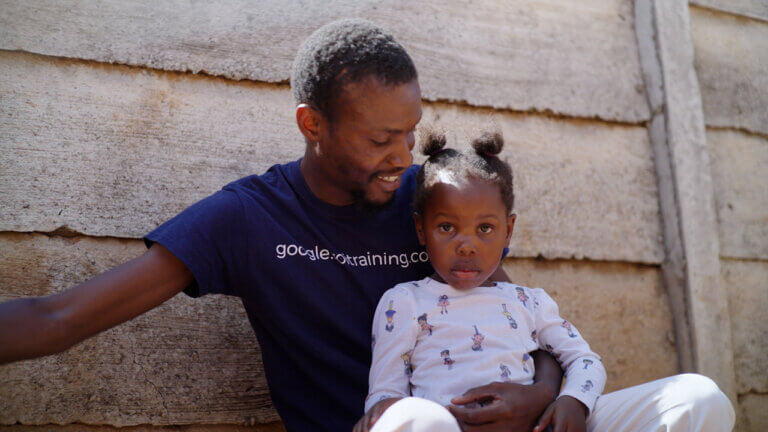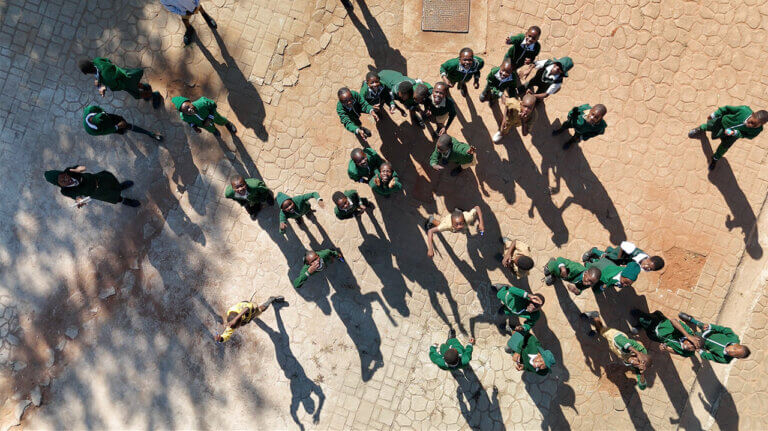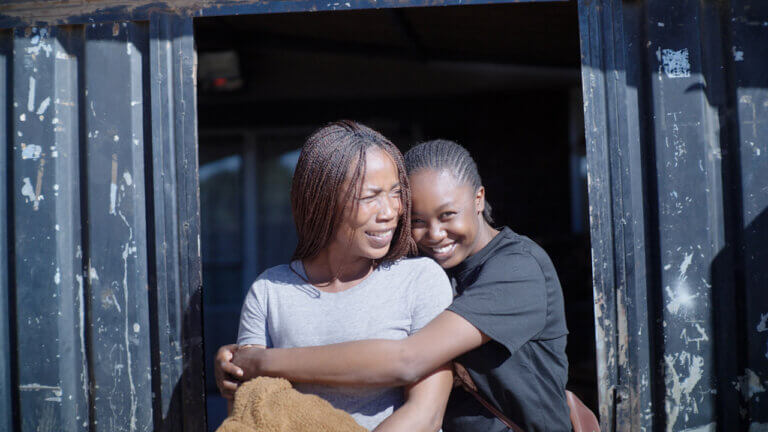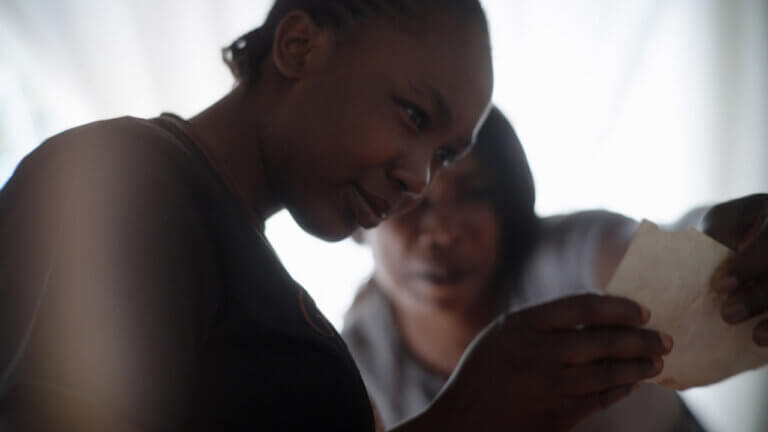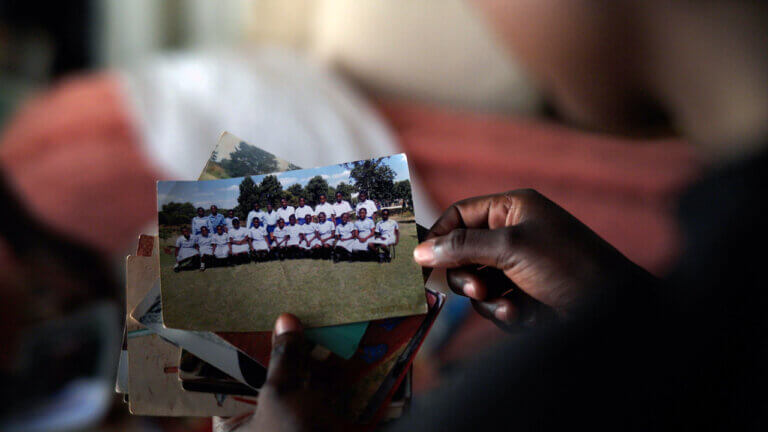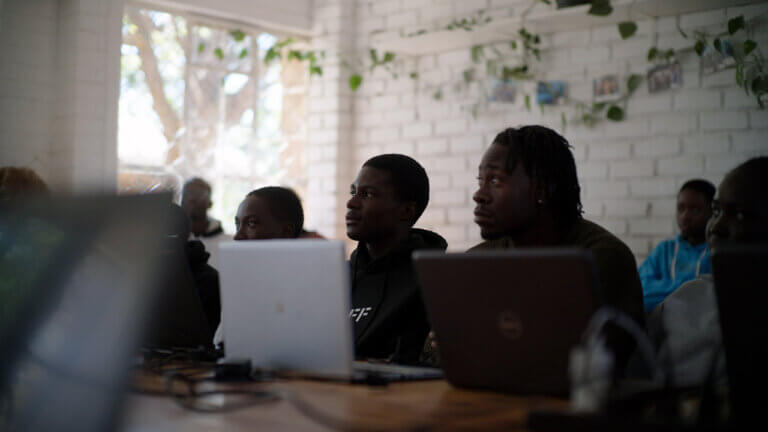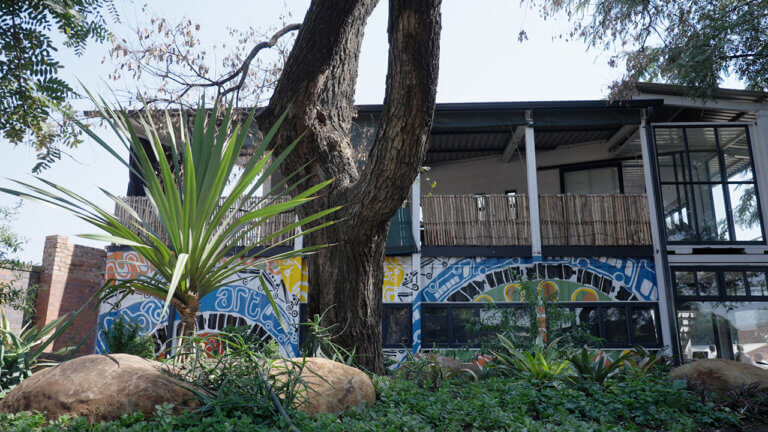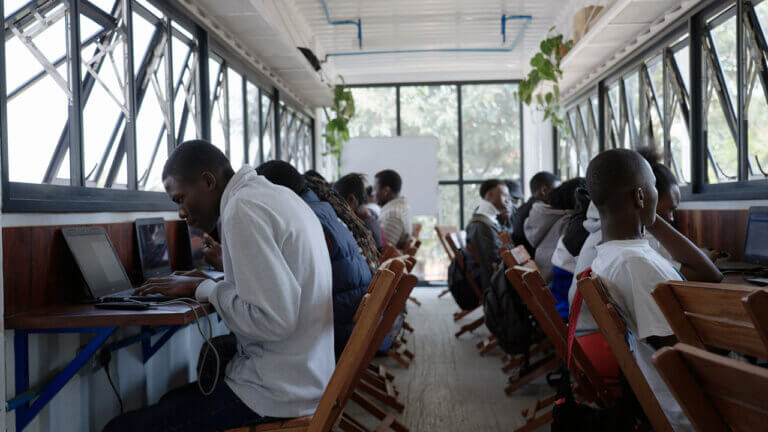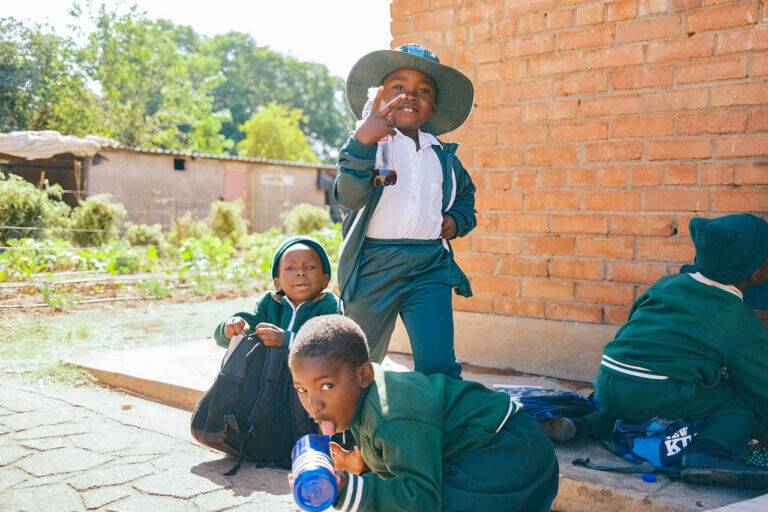Photos © Jackson Hyland-Lipski.
As Africa’s young population drives the continent’s digital growth, Uncommon is helping to bridge the technological divide in Zimbabwe’s classrooms. In a nation where two thirds of the population is under 25, Uncommon plays a key role in equipping Zimbabwe’s youth with the skills needed for today’s tech-driven world.
Through our partnership, Uncommon trains local educators and delivers hands-on coding and computer science classes to students across the country. By investing in educators and integrating practical tech skills into the curriculum, Uncommon is helping to create new opportunities within communities and schools. This initiative is building a stronger foundation for Zimbabwe’s economy and preparing its youth to navigate and contribute to the global digital landscape. Discover how Uncommon is transforming lives and paving the way for a brighter future in Zimbabwe by visiting their website.
Photos © Jackson Hyland-Lipski.
Personal stories of success with World Vision Australia /
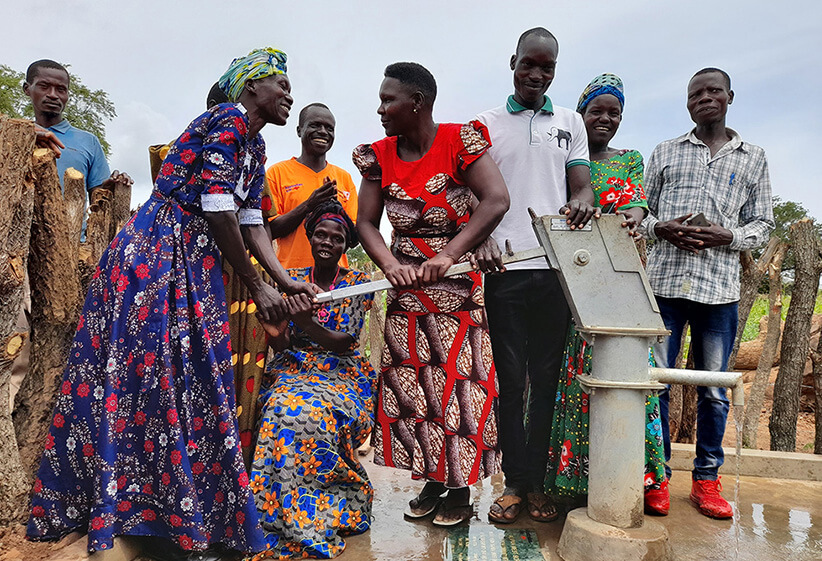
Women are driving community-led sanitation change in Uganda
In the rural village of Iceme in Northern Uganda, Dillis recalls a life that felt normal but was fraught with hidden dangers. “Facilities like toilets or pit latrines were things of towns for the wealthy families,” she says. For Dillis and her neighbours, drinking unboiled water was routine. “After fetching water from the borehole, we would drink or use it without boiling. We didn’t know these acts were silent disasters.”
In 2022, World Vision introduced Community-Led Total Sanitation to the area. The program challenged long-standing practices through community-driven education and practical solutions. “We discovered our habits were spreading germs and diseases,” says Dillis. Her household and many others adopted new approaches, including latrines, handwashing stations with soap, and boiling drinking water. “Today, waterborne diseases and other health conditions are no longer our stories,” she reflects.
Dillis is now a local advocate, encouraging her neighbours to adopt similar practices. The change has improved health outcomes and strengthened the community’s sense of agency. As Dillis says, the shift to better sanitation is about reclaiming control over their health and wellbeing.
